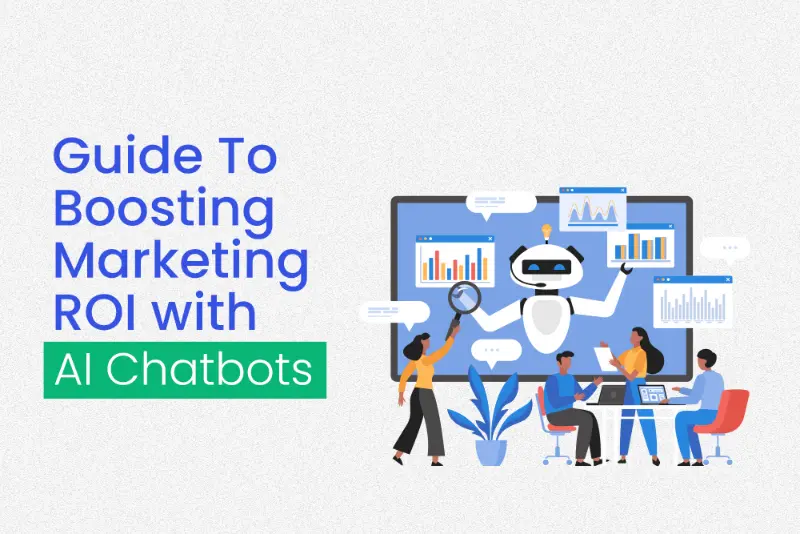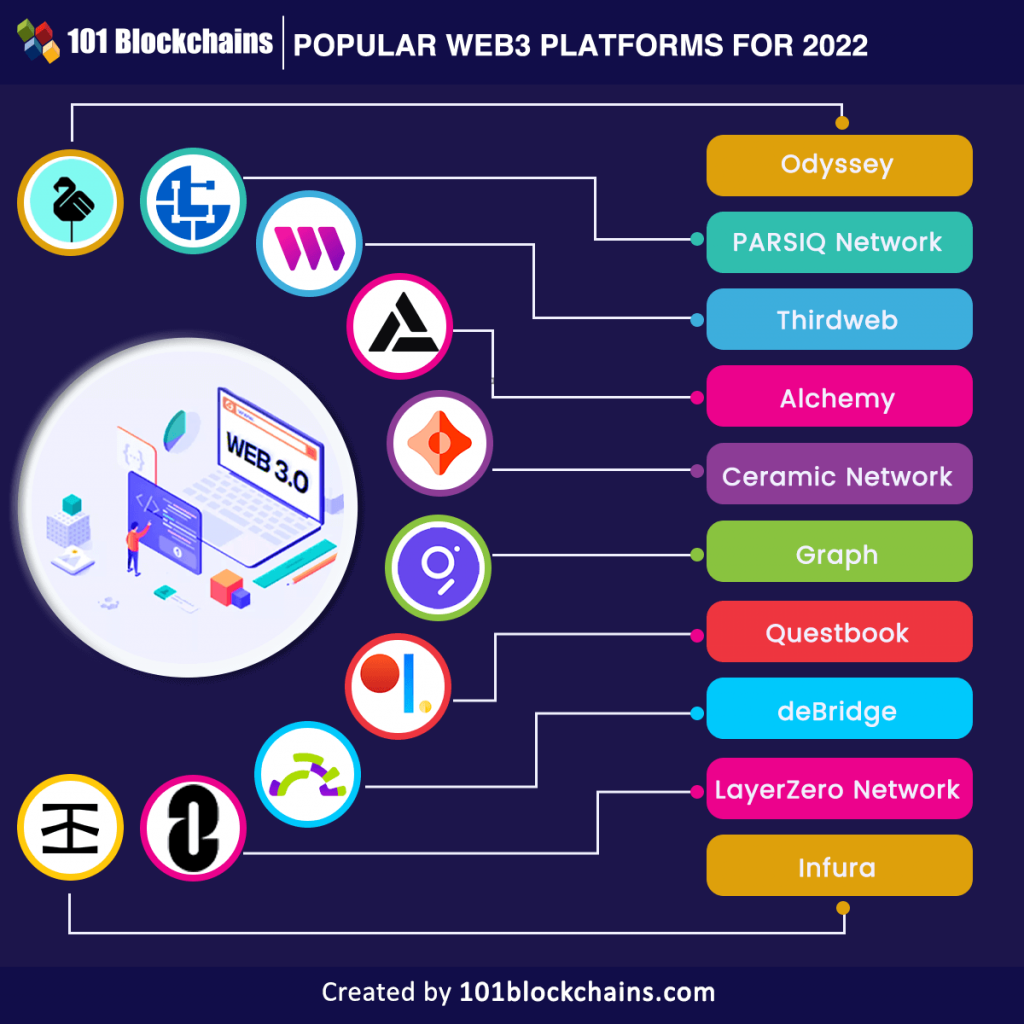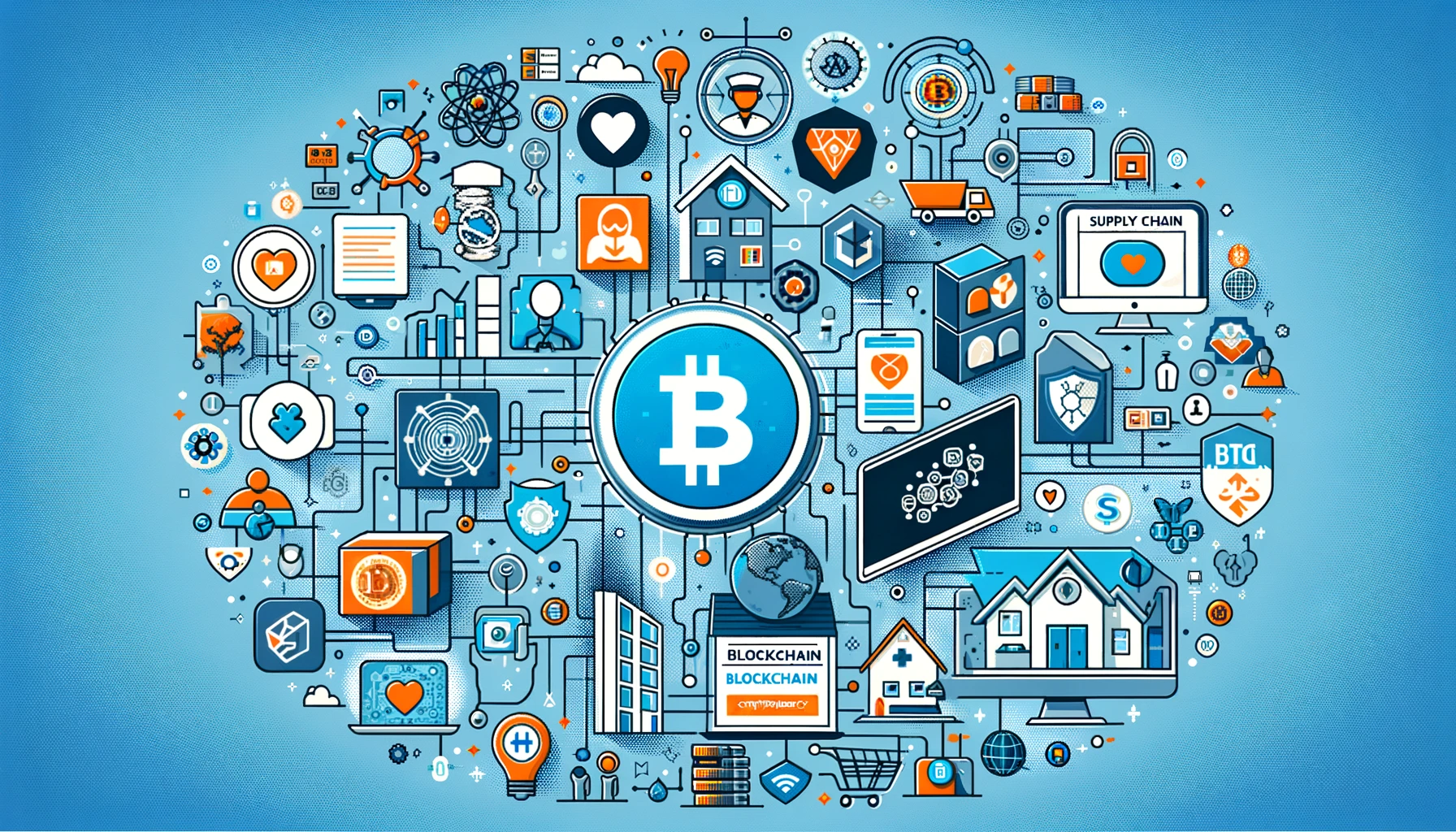
AI in Marketing: Boosting Personalization & ROI – A Beginner’s Guide to Smart Marketing
In today’s fast-paced digital world, consumers are bombarded with more marketing messages than ever before. From social media ads to email newsletters, the sheer volume of information can be overwhelming. As a result, generic, one-size-fits-all marketing campaigns are becoming less effective. What consumers crave now is relevance – messages that speak directly to their needs, preferences, and even their current mood.
Enter Artificial Intelligence (AI). Once the stuff of science fiction, AI is now a practical, powerful tool revolutionizing how businesses connect with their customers. For marketers, AI isn’t just a buzzword; it’s the key to unlocking unprecedented levels of personalization and delivering a significant return on investment (ROI).
This comprehensive guide will break down what AI in marketing really means, how it supercharges personalization, and why it’s a game-changer for your bottom line. Even if you’re new to AI, we’ll make it easy to understand.
What Exactly is AI in Marketing?
At its core, Artificial Intelligence in Marketing refers to the use of AI technologies, like machine learning and natural language processing, to analyze vast amounts of data, predict customer behavior, automate repetitive tasks, and personalize the customer journey.
Think of AI not as a robot taking over your job, but as a super-smart assistant that can process information and spot patterns far faster and more accurately than any human ever could. It learns from data, gets smarter over time, and helps marketers make more informed decisions.
It’s not magic; it’s data-driven intelligence. Instead of guessing what your customers want, AI uses their past actions, preferences, and even external trends to anticipate their future needs.
The Power of Personalization with AI: Connecting on a Deeper Level
Imagine walking into your favorite coffee shop, and the barista immediately knows your usual order, asks about your day, and even suggests a new pastry they think you’d like based on your past choices. That’s the feeling of true personalization. In the digital realm, AI helps marketers replicate this experience at scale.
Why Personalization Matters More Than Ever:
- Customer Expectations: Consumers expect brands to understand them. Generic messages are often ignored or, worse, seen as intrusive.
- Reduced Noise: Personalized content stands out in a crowded inbox or social feed.
- Increased Engagement: When content is relevant, people are more likely to open, click, and interact.
- Stronger Relationships: Personalization builds trust and loyalty, making customers feel valued.
How AI Supercharges Personalization:
AI’s ability to analyze massive datasets is the foundation of its personalization prowess. Here’s how it works:
-
Deep Customer Understanding (Data Analysis):
AI can sift through mountains of data points about your customers – browsing history, purchase history, demographic information, social media activity, email opens, clicks, and even the time of day they’re most active. It identifies subtle patterns and connections that human analysts might miss, creating incredibly detailed customer profiles.
-
Dynamic Segmentation:
Instead of static customer segments (e.g., "women aged 25-35"), AI creates dynamic, ever-evolving segments based on real-time behavior. This means a customer might move from "browsing for shoes" to "ready to buy shoes" to "recently purchased shoes – needs accessories" almost instantly, allowing for immediate, relevant communication.
-
Personalized Content Recommendations:
Think Netflix or Amazon. AI analyzes your past viewing or purchase habits and suggests movies, products, or articles you’re likely to enjoy. This can be applied to:
- Product Recommendations: "Customers who bought this also bought…"
- Content Suggestions: Blog posts, videos, or whitepapers relevant to their interests.
- Email Content: Tailoring subject lines, offers, and even the core message within an email.
-
Hyper-Personalized Communication:
AI goes beyond just using a customer’s name. It can determine the best time to send an email, the optimal channel (email, SMS, app notification), and even the most effective call-to-action based on individual preferences and predicted likelihood to convert. Chatbots powered by AI can provide instant, personalized support, answering questions and guiding customers through their journey.
-
Predictive Personalization:
AI can predict future customer behavior. For example, it can identify customers who are at risk of churning (leaving your brand) and trigger proactive, personalized retention campaigns. Or, it can spot customers likely to make a large purchase and offer them a premium experience.
Boosting ROI with AI: Smarter Spending, Bigger Returns
Personalization isn’t just about making customers happy; it’s about making your marketing budget work harder. By delivering more relevant messages to the right people at the right time, AI directly impacts your bottom line.
How AI Drives a Higher Return on Investment (ROI):
-
Optimized Ad Spend:
One of the biggest drains on marketing budgets is inefficient advertising. AI changes this by:
- Precise Targeting: Identifying exactly who is most likely to convert, so your ads are shown to the most valuable audience.
- Bid Optimization: Automatically adjusting bids in real-time on ad platforms (like Google Ads or Facebook Ads) to get the most conversions for your budget.
- A/B Testing at Scale: Rapidly testing countless ad variations (headlines, images, copy) to find the top performers and allocate budget accordingly.
-
Predictive Analytics for Lead Scoring & Churn Prevention:
AI can analyze past customer data to predict which leads are most likely to convert into paying customers (lead scoring) and which existing customers are at risk of leaving (churn prevention). This allows your sales and marketing teams to prioritize efforts where they’ll have the biggest impact, saving time and resources.
-
Automated Efficiency:
Many marketing tasks are repetitive and time-consuming. AI can automate these, freeing up your team to focus on strategy and creativity. This includes:
- Email Marketing Automation: Triggering personalized emails based on user behavior.
- Social Media Scheduling & Optimization: Recommending optimal posting times and content.
- Reporting & Analytics: Generating insights automatically, saving hours of manual data compilation.
-
Improved Customer Lifetime Value (CLV):
By fostering deeper relationships through personalization, AI helps retain customers for longer and encourages repeat purchases. A loyal customer spends more over time, significantly increasing their lifetime value to your business.
-
Faster Insights & Agility:
AI can analyze marketing campaign performance in real-time and provide actionable insights much faster than traditional methods. This allows marketers to quickly identify what’s working (and what isn’t) and adjust strategies on the fly, minimizing wasted spend and maximizing successful outcomes.
Key Applications of AI in Marketing: Practical Examples
Let’s look at some real-world ways AI is being used in marketing today:
-
Content Creation & Curation:
- AI Writing Tools: Generating blog post outlines, social media captions, email subject lines, or even full articles based on keywords and topics.
- Content Curation: Recommending relevant content to individual users on your website or app.
- Performance Prediction: Analyzing past content performance to predict which topics or formats will resonate most with your audience.
-
Ad Targeting & Optimization:
- Audience Segmentation: Identifying niche audiences based on complex behavioral patterns.
- Dynamic Creative Optimization (DCO): Automatically generating multiple versions of an ad (different headlines, images, calls-to-action) and showing the most effective one to each user.
- Programmatic Advertising: Using AI to automate the buying and selling of ad space in real-time, ensuring ads are shown to the right person at the right moment.
-
Customer Service & Chatbots:
- 24/7 Support: AI-powered chatbots can answer frequently asked questions, guide users through processes, and even handle basic transactions, freeing up human agents for more complex issues.
- Personalized Interactions: Chatbots can access customer history to provide highly relevant and personalized responses.
- Sentiment Analysis: AI can detect the emotional tone of customer inquiries, helping to prioritize urgent or frustrated customers.
-
Predictive Analytics & Lead Scoring:
- Sales Forecasting: Predicting future sales trends based on historical data and external factors.
- Lead Prioritization: Assigning a "score" to each lead based on their likelihood to convert, helping sales teams focus on the most promising prospects.
- Churn Prediction: Identifying customers who show signs of disengagement and are likely to cancel their subscription or stop purchasing.
-
Marketing Automation & Workflow Optimization:
- Automated Email Journeys: Triggering a series of personalized emails based on specific customer actions (e.g., abandoned cart, website visit, purchase).
- Campaign Optimization: Automatically adjusting campaign parameters (budget, audience, channels) based on real-time performance data.
- Workflow Efficiency: Streamlining repetitive tasks like data entry, reporting, and campaign setup.
-
Dynamic Pricing & Promotions:
- Personalized Pricing: Offering different prices or discounts to individual customers based on their behavior, loyalty, or predicted willingness to pay.
- Optimal Promotion Timing: Determining the best time and channel to offer a discount to maximize conversions without devaluing the product.
Getting Started with AI in Marketing: A Beginner’s Roadmap
The idea of implementing AI might seem daunting, but you don’t need to be a data scientist to get started. Here’s a simple roadmap for beginners:
- Start Small, Think Big: Don’t try to overhaul your entire marketing strategy with AI overnight. Identify one specific pain point or area where you want to see improvement (e.g., email open rates, ad spend efficiency).
- Define Your Goals: What do you want AI to help you achieve? Be specific: "Increase email click-through rates by 15%," or "Reduce cost per acquisition by 10%."
- Assess Your Data: AI thrives on data. Do you have clean, organized customer data? Where is it stored? The better your data, the better AI can perform.
- Choose the Right Tools: Many marketing platforms already integrate AI features (e.g., CRM systems, email marketing platforms, ad management tools). Look for solutions that offer user-friendly AI capabilities without requiring deep technical knowledge.
- Examples: Many popular platforms like HubSpot, Mailchimp, Salesforce Marketing Cloud, and Google Ads have built-in AI functionalities.
- Focus on Augmentation, Not Replacement: AI is best used to augment human capabilities, not replace them. It frees up your team from mundane tasks so they can focus on strategy, creativity, and human connection.
- Test, Learn, and Iterate: AI models improve over time as they receive more data. Start with a pilot project, analyze the results, make adjustments, and continuously optimize.
- Educate Your Team: Ensure your marketing team understands the basics of AI and how it will impact their roles. Foster a culture of learning and experimentation.
Challenges and Considerations for AI in Marketing
While AI offers immense benefits, it’s important to be aware of potential challenges:
- Data Quality: AI is only as good as the data it’s fed. "Garbage in, garbage out" applies here. Poor quality, incomplete, or biased data will lead to inaccurate insights.
- Ethical Concerns & Privacy: Using AI for personalization raises questions about data privacy and how customer data is collected and used. Marketers must be transparent and comply with regulations like GDPR and CCPA. Avoid discriminatory or biased outcomes.
- Skill Gap: While many AI tools are user-friendly, understanding the underlying principles and interpreting AI-generated insights still requires a certain level of skill and training.
- Integration Complexities: Integrating new AI tools with existing marketing tech stacks can sometimes be complex and require technical expertise.
- Over-reliance: While powerful, AI shouldn’t replace human creativity, strategic thinking, or empathy. It’s a tool to enhance, not to fully automate, the human element of marketing.
The Future of AI in Marketing: Beyond Tomorrow
The rapid evolution of AI means its impact on marketing will only continue to grow. We can expect to see:
- Hyper-Personalization: Even more granular and real-time personalization, adapting to a customer’s mood, location, or even the weather.
- Voice and Conversational AI: More sophisticated voice assistants and chatbots that can handle complex queries and engage in natural, human-like conversations.
- Predictive Customer Journey Mapping: AI will be able to map out and optimize entire customer journeys, anticipating needs at every touchpoint.
- Enhanced Marketing Analytics: Deeper, more intuitive insights into campaign performance, customer behavior, and market trends.
- Augmented Reality (AR) & Virtual Reality (VR) Marketing: AI will play a crucial role in creating immersive and personalized AR/VR marketing experiences.
Conclusion: Embrace the Smart Marketing Revolution
Artificial intelligence is no longer a futuristic concept; it’s a present-day reality that is fundamentally reshaping the marketing landscape. By harnessing the power of AI, marketers can move beyond generic messaging to deliver truly personalized experiences that resonate deeply with individual customers.
This shift isn’t just about making customers happier; it’s about making your marketing efforts vastly more efficient and effective. From optimizing ad spend to predicting customer behavior and automating tedious tasks, AI directly contributes to a significant boost in your return on investment.
For marketers, embracing AI isn’t an option; it’s a necessity to stay competitive and relevant. By starting small, focusing on clear goals, and continuously learning, even beginners can unlock the immense potential of AI to transform their marketing strategies and build stronger, more profitable relationships with their customers. The future of smart marketing is here, and it’s powered by AI.



Post Comment